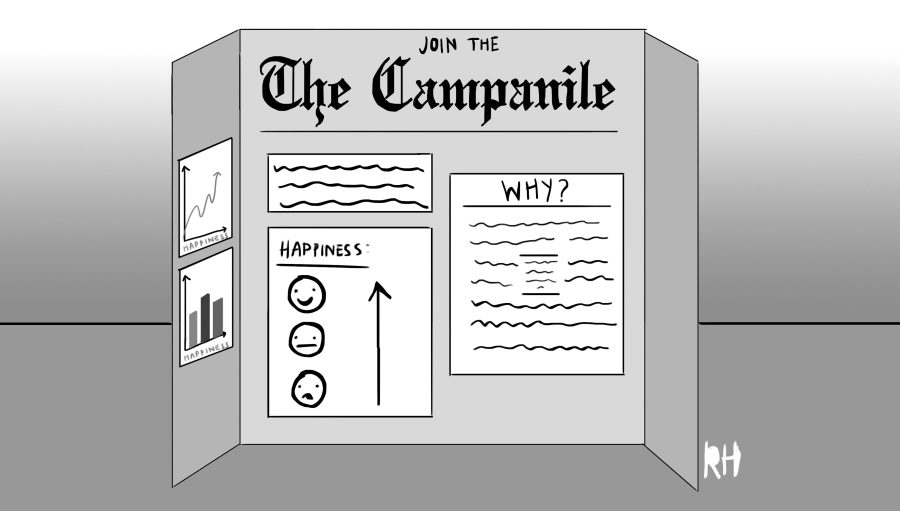One of the most essential ways to discover and develop one’s interests is by choosing elective classes. However, the only way the administration publicizes information on these courses is a short paragraph in a catalog that most students do not read, or a five-minute presentation in advisory.
If students are lucky, they may know some upperclassmen who can pass on valuable wisdom about which elective classes to take. Yet, this still leaves a number of students without a clear idea of which electives to take, and they must also consider which ones suit their interest and fulfill graduation credits.
Sometimes students register for electives that aren’t right for them and then have a difficult time switching out because of scheduling conflicts.
Junior Zoe Douglas, for example, took Computer Science Principles as a freshman mainly because she wanted to complete her Career and Technical Education (CTE) class credits. It ended up not being what she expected, and she said the teaching style of the class did not work for her.
Douglas said if she had known more about other CTE classes, she would have taken Biotechnology because the class caters more to her interests.
“[I didn’t switch out of Computer Science Principles] because I just didn’t really know what options I had,” Douglas said.
Paly could easily create an “Elective Shopping Day” modeled after Club Day.
Paly gives students 75 minutes to mill around the quad and look at the extensive number of clubs offered at Paly. They can sign up for as many clubs and chat with club officers about what their club does. If Paly can devote this effort for our clubs, why can’t they equate for electives?
Elective Shopping Day could be set up in a similar fashion during an extended lunch period. Tables and informational poster boards on the quad could give information for each elective offered at Paly. Students could visit whichever electives they are interested in and learn more about them. If teachers from the respective classes were willing to participate, students could learn a great deal by talking to them.
Teachers could discuss the curriculum, and currently-enrolled students could talk about their experience with the class. Students would have the opportunity to ask questions and find electives they think suit them best. Not only does this allow for students to learn more about these classes, but it promotes student-teacher interaction.
Many freshmen, for example, are unfamiliar with the teachers at Paly, and could benefit from such an event. If there are teachers who are not available for representing the class, students who are currently taking the elective could also speak about the class instead and provide a student perspective.
According to Susan Shultz, the counselor for the Class of 2020, there has been some discussion within departments, but there have been no formalized plans.
For example, English and science classes briefly go over electives in their departments, but this doesn’t happen until the end of sophomore year and junior year, respectively. Beginning Journalism brings in students from each publication to speak to the class to help students decide which class they may want to join. Students can learn more about the details and commitment for each publication, and this could be a model for other elective programs to follow.
Better advertisement of electives would help students gain a better understanding of the options they have.

